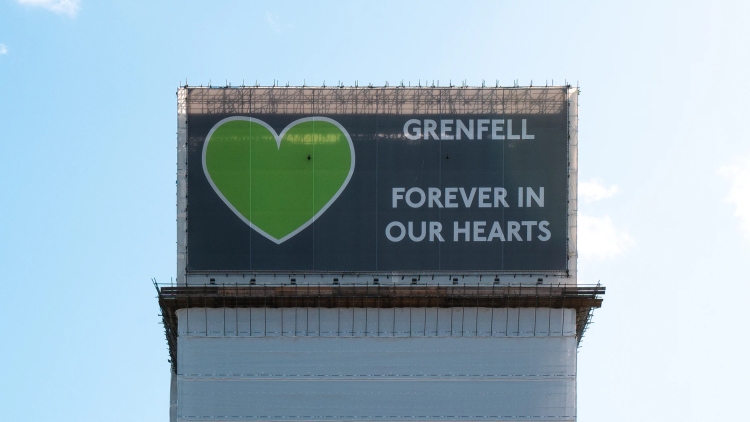
All 51 developers are now signed up to the government’s building safety remediation contract brought in post the Grenfell Tower tragedy, according to updated lists.
The contract requires developers to fix critical fire safety defects in buildings they played a role in developing or refurbishing, and to also reimburse government funds already paid out for remediation work.
It covers buildings 11m or higher built in England over the last 30 years. Abbey Developments was the last to sign, putting its name to the contract on 24 October.
Four developers that had signed up – Davidsons, Mactaggart & Mickel, Robertson and Wain Homes – were found to be outside the scope of the contract.
Levelling up, housing and communities secretary Michael Gove said the contract was to address the wrongs of the past and protect “innocent leaseholders” from huge remediation bills.
He said when the contract was launched in January: “Too many developers, along with product manufacturers and freeholders, have profited from these unsafe buildings and have a moral duty to do the right thing and pay for their repair.
“In signing this contract, developers will be taking a big step towards restoring confidence in the sector and providing much-needed certainty to all concerned.
“There will be nowhere to hide for those who fail to step up to their responsibilities – I will not hesitate to act and they will face significant consequences.”
Previously, developers had been given until March by the government to sign up, or face being banned from building any new homes.
When the warning was issued there were 11 major developers not signed up, including Rydon Homes, a sister company of Grenfell contractor Rydon Maintenance. They argued they shouldn’t have to sign as they were smaller companies only building up to 16 properties a year.
For those falling outside of the scope of the contract, they can only develop 10 or fewer residential units on a site or be in breach of planning. The House Builders Association, part of the National Federation of Builders, lobbied for an exception, but wanted the criteria to be fewer than 40 units.











